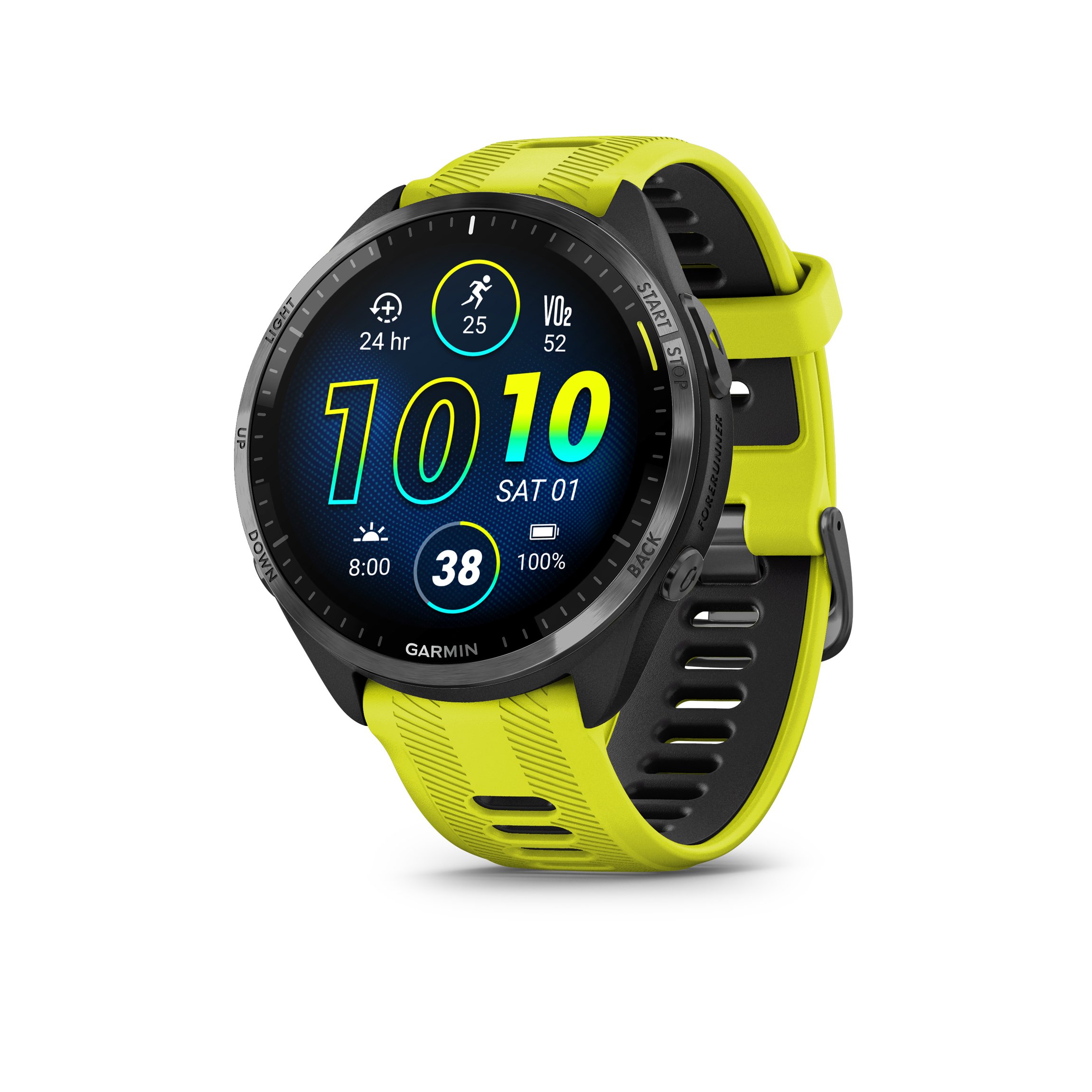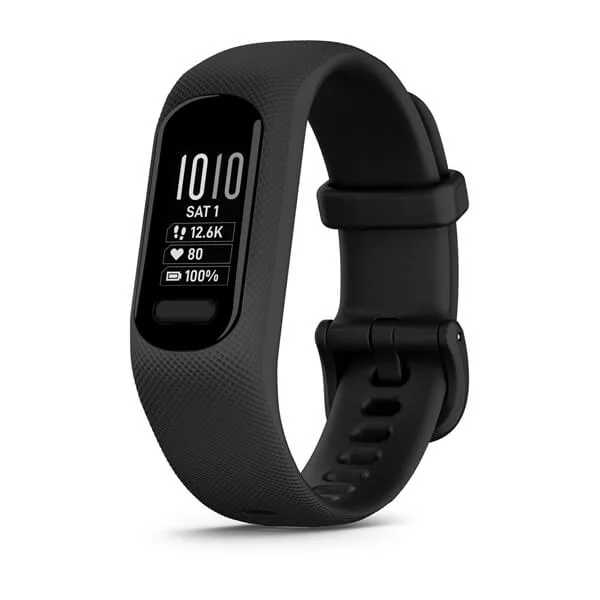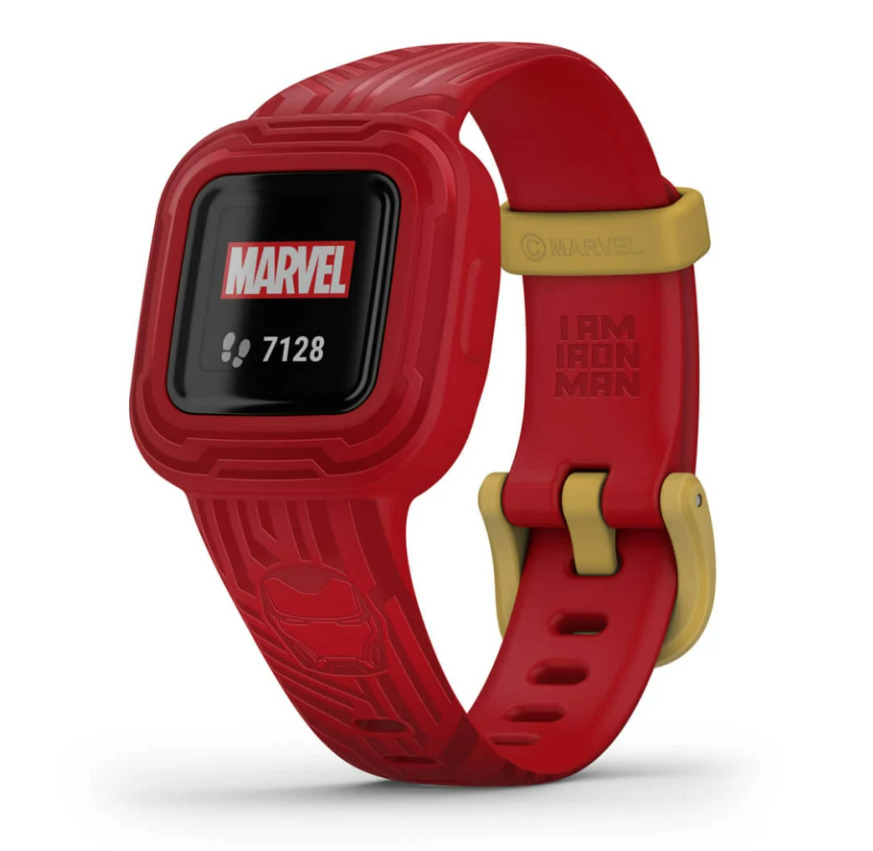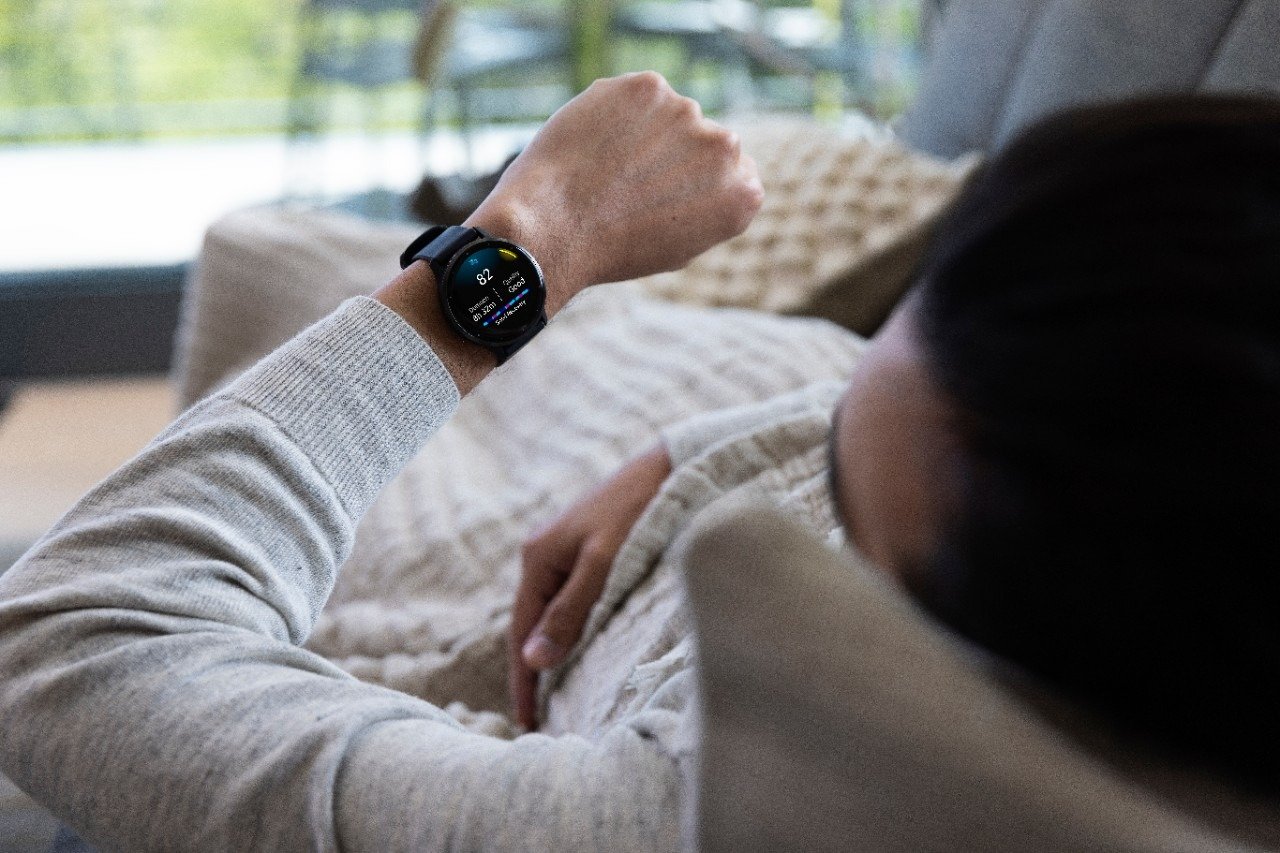
Garmin Health Research Glimpse: Unveiling Innovations in Health Science
The Garmin Health Research Glimpse is our latest blog series exploring the ever-increasing presence of Garmin in the health and clinical research world. It will give an overview of how Garmin wearable devices and the Garmin Health Connected Ecosystem are being harnessed to provide vital data for clinical trials and studies around the globe 1. Whether it’s boosting mental health, improving surgery outcomes or enhancing results of physical activity, each post will delve into the aims and outcomes of the featured studies.
In this article, we’ll explore groundbreaking research utilising these advanced tools, from exercise’s impact on mental health to sleep’s role in weight management. So how, exactly, is Garmin Health playing a part?
How Garmin Factors In
Among researchers, the Garmin Health Connected Ecosystem and its various devices have proved invaluable as a tool for collecting data in innovative studies surrounding both physical and mental health. Providing participants with Garmin smartwatches or fitness trackers allows a wealth of information to be easily collected, from tracking physical activity and sleep patterns to monitoring heart rate and stress levels. When paired with the Garmin Health Connected Ecosystem, consisting of the Garmin Health SDKs and the Garmin Connect Developer Programme, this data is readily available to read and analyse, shedding new light on a wide range of health and wellness topics. As a result, researchers have leveraged this to uncover new insights and improve our understanding of the human body and mind.
Precision Ageing: Developing More Effective Brain-ageing Treatments

The study: This national research project is harnessing data from a cohort of approximately 3,000 older adults to better understand the link between mobility and cognitive brain ageing. The team at Baylor College of Medicine hopes to use the data collected to help identify markers of accelerated brain ageing to develop more effective treatments and interventions.
How Garmin factors in: The Garmin vívosmart® 4 fitness trackers worn by participants are used to prospectively record physical activities, sleep quality and physiological stress response. Using the Garmin Health API, this will provide a general picture about the individual’s mobility performance.
The goal: To link patterns of physical activity, sleep and stress with biomarkers of dementia, cognitive impairment and frailty in older adults. Earlier intervention using a more customised approach to care, rather than one-size-fits-all, could result in better patient outcomes.
Additional resources:
https://news.arizona.edu/story/uarizona-awarded-60-million-lead-precision-aging-network
https://www.bcm.edu/news/baylor-researchers-part-of-precision-aging-network
Digital Health Nudging in Young Cardiac Patients

The study: This project at the German Heart Centre, Munich, is a unique, randomised controlled trial applying the concept of nudging from behavioural economics. Given their high risk for physical inactivity, especially through puberty, adolescents with congenital heart disease (CHD) were at the centre of the study.
How Garmin factors in: This 12-week study employed the Garmin vívofit® jr. 2 and the Garmin Connect API to measure participant’s daily physical activity levels and step count. Digital nudges in the form of images and text messages were sent to participants to encourage this daily activity.
The goal: The age-appropriate digital intervention, combined with innovative technology from Garmin, aims to engage young cardiac patients in their daily lives, encouraging increased physical activity.
Additional resources:
https://www.sciencedirect.com/science/article/abs/pii/S0002870323000856?via%3Dihub
https://www.stiftung-kinderherz.de/was-wir-tun/unsere-foerderprojekte/sportprojekt-digital-nudging-muenchen
https://clinicaltrials.gov/ct2/show/NCT04933786
How Does Music Influence Our Running Cadence?

The study: This study explored the impact of a four-week music running program on participants’ running cadence, speed and heart rate.
How Garmin factors in: Equipped with a Garmin Forerunner® 645 Music and HRM-Dual™ heart rate straps, participants set out on a number of runs whilst listening to music with a rhythm surpassing their baseline cadence by 7.5-10%. The resulting running cadence, speed and heart rate were recorded to determine what effects, if any, the music had on these metrics.
The result: A significant and sustained increase in running cadence was revealed during and after the music intervention, while running speed and heart rate remained unchanged. These findings demonstrate that listening to music at a certain rhythm can effectively enhance running cadence, hereby potentially reducing the risk of injury without affecting the physiological demand placed on the body.
Additional resources:
https://www.tandfonline.com/doi/full/10.1080/17461391.2022.2042398
Development and Analysis of Population-Health Cohorts in Burkina Faso and Kenya

How Garmin factors in: Using the Garmin vívosmart® 5 fitness tracker, health parameters such as physical activity, sleep patterns and heart rate were monitored in real time via the Garmin Health Connected Ecosystem. This provided insights into how extreme weather events impact the daily lives and well-being of participants.
The goal: By correlating weather exposures with health outcomes, this innovative approach utilising wearable technology addresses the urgent issue of climate change and its implications for global health. The collected data identifies groups at high risk of ill health and helps to inform tailored intervention strategies, especially in remote areas.
Additional resources:
https://cch-africa.de/population-cohorts/
https://ukhd.de/digitalGH
Examining the Effect of Mindfulness Meditation on Stress with Digital Health

How Garmin factors in: Heart rate variability data obtained from Garmin vívosmart® 4 fitness tracker will be analysed to investigate whether continuous meditation leads to changes in daily heart rate patterns. Additionally, Garmin data on sleep, step counts, real-time stress and activity levels, along with questionnaires on stress, exercise and sleep, complement the data collection. Both regular meditation practitioners and individuals without prior experience are included in the study.
The goal: The results of this study could potentially contribute to promoting wider adoption of meditation and fostering stress reduction, improved sleep and better overall health in society.
Additional resources:
https://www.u-tokyo.ac.jp/focus/en/people/k0001_01006.html
https://www.garmin.co.jp/news/pressroom/news2022-0802-garmin-health/
Could Garmin wearable technology and the Garmin Health Connected Ecosystem play a vital role in your next health or clinical study? Contact us today to find out more.
Alternatively, if you want to learn more about related projects, visit www.garmin.com/third-party-studies-overview for more research projects with Garmin Health. In addition, all information on research and clinical trials can be found here.







